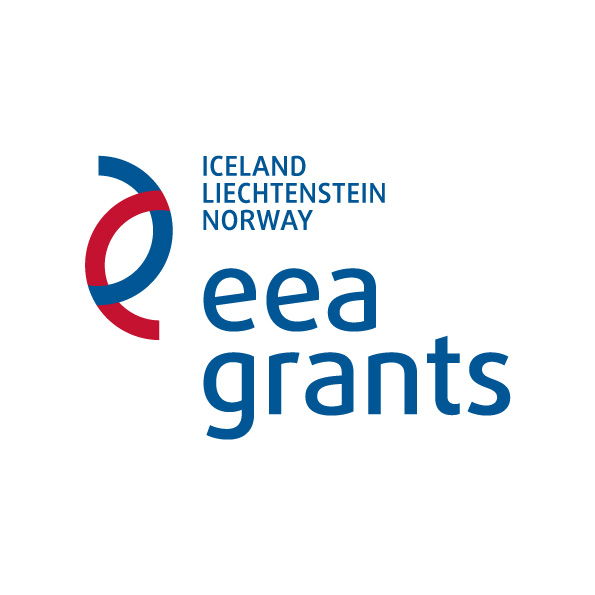Educational staff capacity building: best practices
Lithuanian College of Democracy October, 2015 – September, 2016 implemented the project “Competencies development by cooperation and knowledge exchange in adult education“. Main aim of the project was to develop the teaching and managerial staff competencies in adult learning, improve cooperation and the exchange of knowledge in the field of adult education between educators and education provider, enhancing their skills and ensure the dissemination of publicity. Project is funded by Lithuanian College of Democracy and Norway grants financial mechanism.
Traditional learning process is tedious
Adult learning provides not only an opportunity to gain a higher qualification in a particular field, but also improve their communication, cooperation, teamwork, critical thinking and other competencies.
As European Commision notes, adult learning should be developed in Europe in the next five years. Council of European Union provides recommendations where emphasizes the need to invest in human capital, improving the quality of teaching and the application of active labour market policies, and promote adult learning. Furthermore, there is need to enhance social partnership and social dialogue effectiveness, health prevention and social inclusion.
The main factors that have a direct impact on the quality of adult learning can be such as: the research of learners’ needs, content characteristics, process variables, contextual features and systematic evaluation of the quality of learning.
Norway best practices: quality, innovation and learning access
„Fleksibel utdanning Norge“ is Norwegian Flexible Education Association. Lithuanian College of Democracy partner organizes 40 Norwegian providers of flexible education including independent distance education institutions, public universities and colleges, private institutions and training centers for business and industry. Members provide an extensive range of subjects, courses and study programs from primary to university level, and customized courses for professionals. „Fleksibel utdanning Norge“ members offer flexible education at different levels; it could be exclusively online, partly on campus or related to the students’ work place. It could be flexible startups and all self-paced courses, or common start date and assemblies (online or on campus) along the way.
Adult learning examples
- Gamification developed by cooperation. „Hexigo” is a cooperation game which aims to define the objectives of student performance, to meet them and complete the project before the end of time. The game is designed for teachers of educational institutions and potential customers, but it can also be played by others.
- Incubation, gamification and job placement. Game Hub Scandinavia is a development project funded by EU regional development fund Interreg Öresund-Kattegat-Skagerrak. The project aims to create jobs in the Scandinavian game industry by focusing on incubation and gamification. Project goal is to generate 100 new companies and 400 new jobs in the Scandinavian countries through incubation of new businesses, gamification and knowledge sharing.
- Webinars for interactive and cooperation oriented education. Webinars can be called a real-time web-based seminar. This way of learning extends both teaching and learning opportunities for both sides. There is just need to have access to the Internet and a computer or other suitable device. Mostly the webinar can be running on normal web browser, so there is no need to install additional programs or use other information technology or software solutions. To participate in the webinar you just have to click the link on particular time.
- Further information can be found at: https://ec.europa.eu/epale/sl/node/26673

